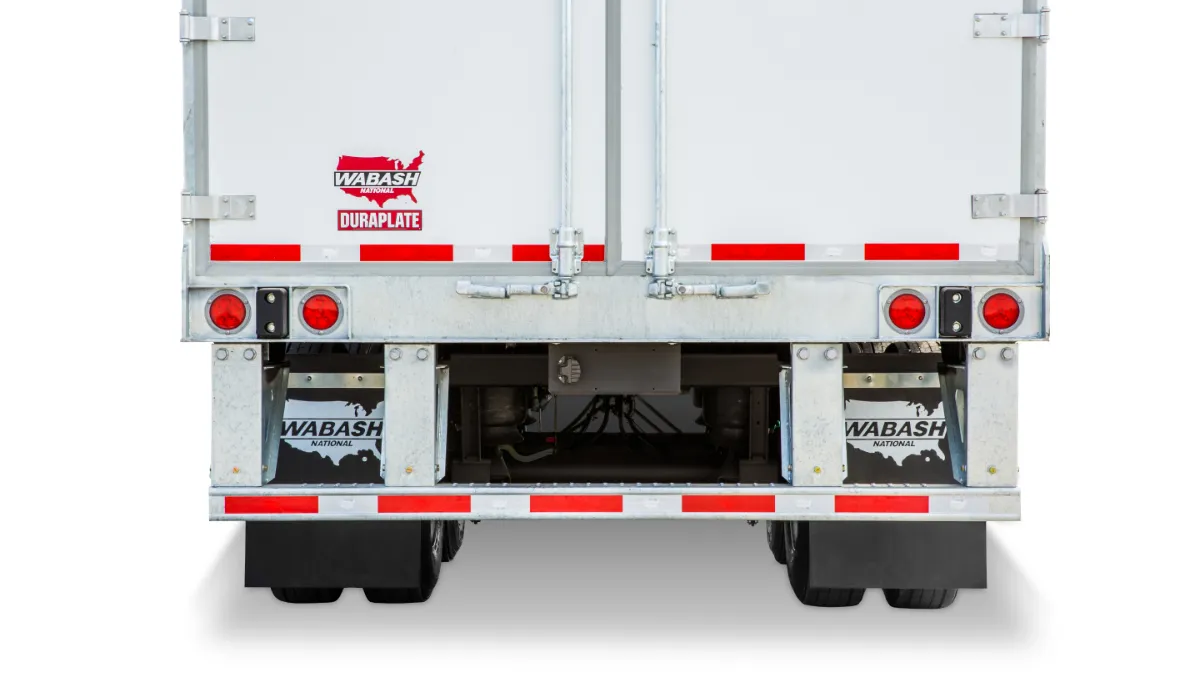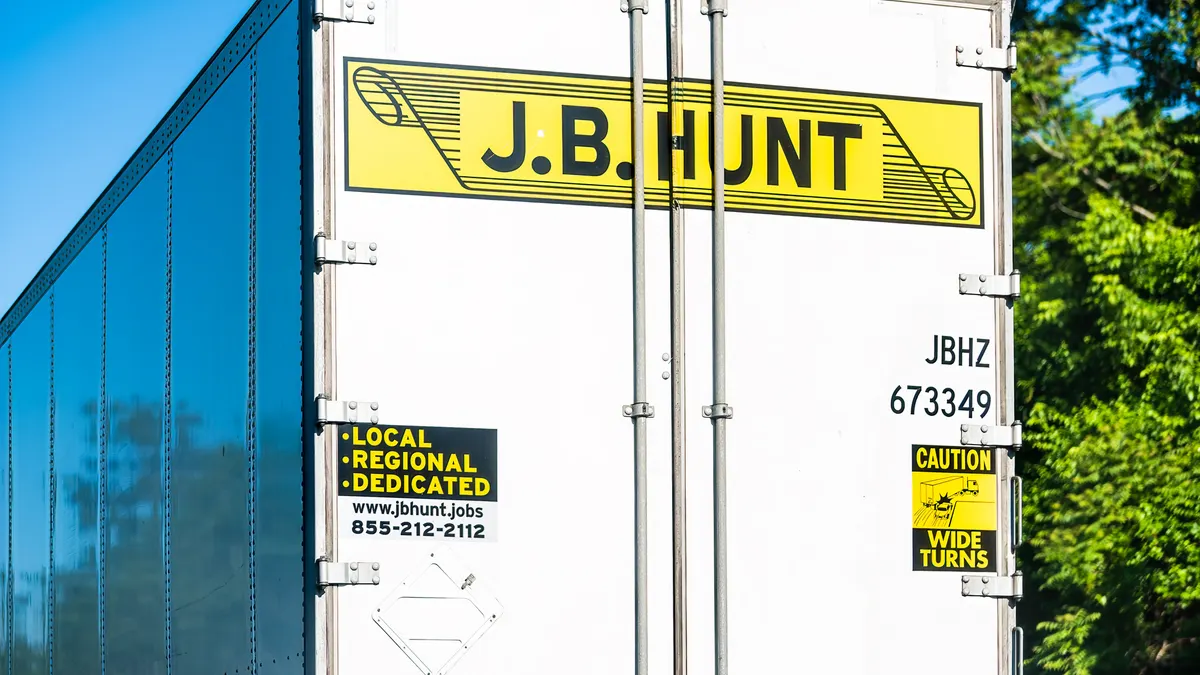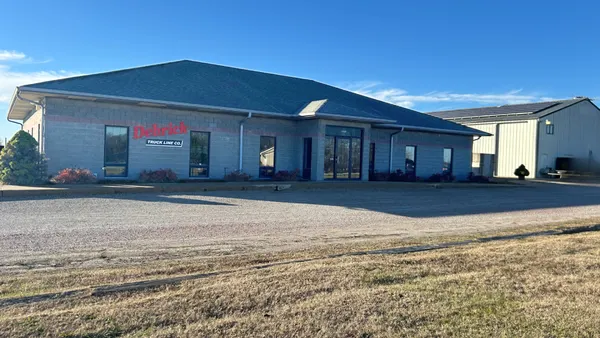Dive Brief:
- Wabash National CEO Brent Yeagy said on the company's latest earnings call that he thinks Wabash can take advantage of the "rapidly disruptive logistics change" it expects to occur during the next four years and beyond.
- Yeagy said the regulatory environment, emphasis on sustainability and climate change were driving factors of that disruption. "Wabash National can take the ideas that we generate from an innovation standpoint, technology that we have, and really bring sustainable solutions within those spaces," he said on the call.
- E-commerce is another disrupter, which Yeagy said is changing logistics models. "Our largest customers on the truckload side are quickly moving into that middle-mile and final-mile space. And that allows us to get some, we'll call it 'volume leverage,'" he said.
Dive Insight:
The surge in e-commerce caught the attention of the logistics industry. While it overwhelmed parcel carriers, it presented an attractive opportunity in final mile for some larger fleets to capitalize on the online shopping trend.
Last July, Werner announced it was expanding its final mile service into Canada. Then in November, J.B. Hunt bought Mass Movement, a delivery company that hauls gym equipment to fitness centers. That was its fourth last-mile acquisition since 2017.
But not all fleets find success in the segment. Schneider shut down its First to Final Mile service in 2019 after losing millions of dollars.
"Final mile is growing very quickly," Tim Denoyer, ACT Research vice president and senior analyst, said late last year. "At the same time, it's a difficult market. It is very fragmented."
In its first- to final-mile strategy, Wabash is considering big and bulky, reverse logistics and hauling between fulfillment centers, Yeagy said. Its strategy is to be discriminate, so it's not mismatching assets, he said. And Wabash would look to "rapidly deploy" in those areas in the next two years, he said.
One of the reasons for this two-year mindset is because Wabash anticipates large customers will bounce back from pandemic downswings this year, while small businesses will spend 2021 figuring out how to move forward, then recover meaningfully in 2022.
Customers that lease from Wabash are starting to come back, Yeagy said.
"The larger customers have a much more positive output impact in perspective about 2021, and they've come in nicely at the beginning of the year," he said.









